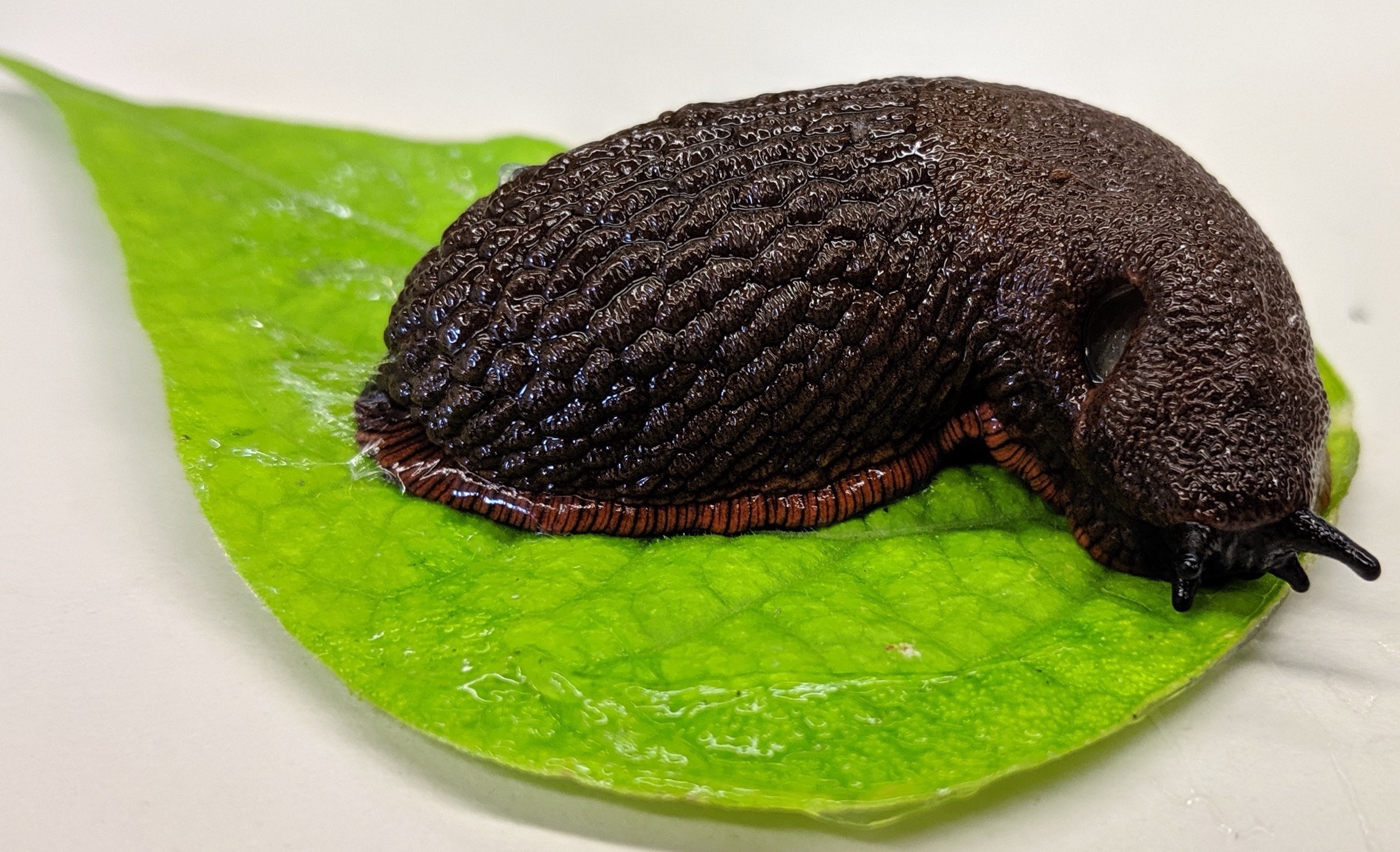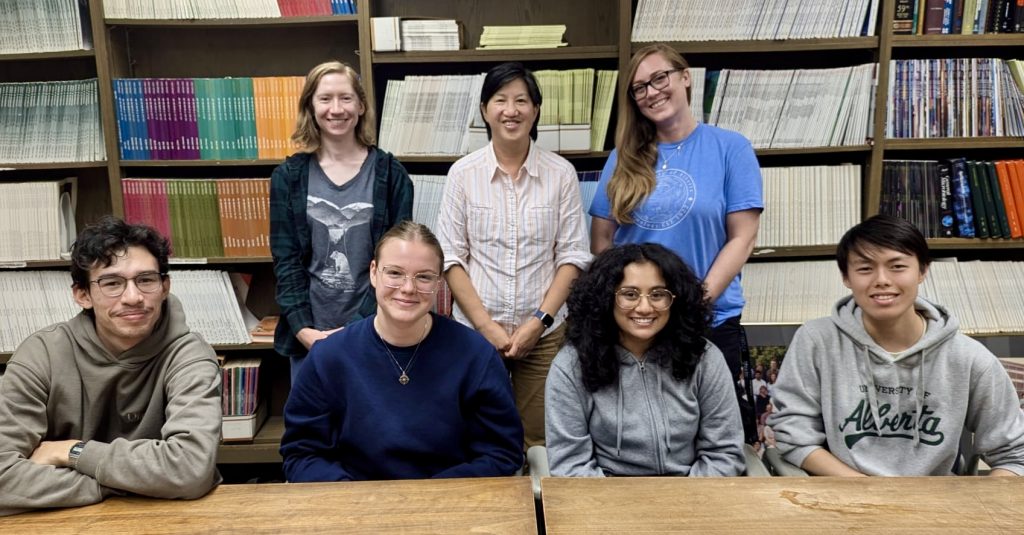My research interests encompass areas of ecology, evolutionary ecology, host-parasite interactions, and disease ecology.
Non-consumptive Effects of Parasitism: Hosts can avoid exposure to infectious agents by avoiding infective stages or associated cues, infected individuals, or alter their niche use to avoid encountering parasites. Hence, even in the absence of infection, the mere presence of parasites can influence host physiology, behaviour, habitat use, etc. In predator-prey relationships, these indirect effects are known as “non-consumptive effects”, in which the presence of predators and/or predator cues induce a change in prey behaviour, physiology or morphology with consequences for host fitness. Recent work in our lab suggests that this “ecology of fear” also applies to host response to parasites, but the full ecological and evolutionary implications of these effects have yet to be explored.
Physiological Ecology: This is an interdisciplinary field of science that incorporates the mechanistic thinking and techniques of animal physiology to address ecological questions. A central question is how the energetic demands of an organism are influenced by environmental stressors, including parasitism. Parasites can have potentially strong effects on host physiology, metabolism, and energy budgets. We use flow-through respirometry to investigate the metabolic costs of parasitism during the pre-infection period (i.e., NCE of parasite-avoidance) and as a consequence of infection itself.
Experimental Evolution: Disease models often classify species as either parasitic or non-parasitic, even though levels of parasitism vary continuously in nature. I am interested in the life-history evolution of parasites that express variation in host exploitation strategies, and the selective pressures that lead to increased reliance on the host. Facultative parasites present a unique opportunity for addressing these questions because they operate on the margin between free-living and parasitic life styles. Our aim is to understand how the transition to parasitism occurs on a ecological time scale, the role that phenotypic plasticity might play, and identify the conditions that drive or constrain the evolution of parasitism along this continuum.
Slug Parasites: Slugs are major pests of agriculture, horticulture, and residential gardens. Many species of nematodes are known to parasitize slugs and snails. One in particular,  Phasmarhabiditis hermphrodita, has been marketed commercially as a biocontrol agent in Europe and the UK. The aim of this project is to survey and isolate nematode parasites of slugs in Alberta. We will investigate the biology and pathogenicity of the nematode-slug association. Note: This project has been retired.
Phasmarhabiditis hermphrodita, has been marketed commercially as a biocontrol agent in Europe and the UK. The aim of this project is to survey and isolate nematode parasites of slugs in Alberta. We will investigate the biology and pathogenicity of the nematode-slug association. Note: This project has been retired.


